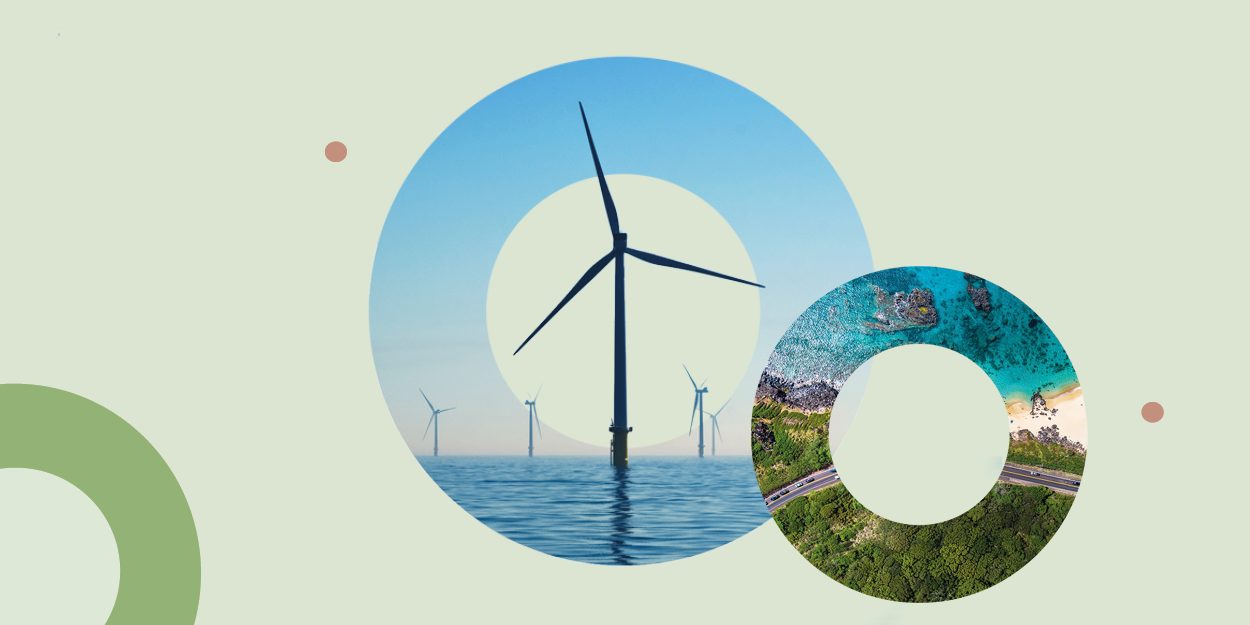In Short : In a mission towards net-zero emissions, Indian Railways is planning to become carbon neutral by 2030, aiming for 100% electrification. This ambitious initiative underscores a commitment to sustainable practices, reducing carbon footprints, and transitioning to cleaner energy sources in the transportation sector.
In Detail : Dedicated Freight Corridors (DFCs), which will facilitate freight movement across the country, are expected to reduce the carbon emissions of 457 million tons of CO2 over 30 years, as well as lower energy consumption.
Indian railways are well on their way to carbon neutrality by 2030, with an electrified broad gauge network of 60,814 km up to November 2023, stated the union minister of railways Ashwini Vaishnaw in a written reply to Lok Sabha during the winter session of the parliament. According to the minister’s response, railways electrified a network of 39,013 km during the period between April 2014 and November 2023, about seven and a half times more than the 2014-14 period.
Across all the zones, Northern Railway has the largest network of electrified network with 6,799 km, followed by South Central Railway (5,988 km) and Western Railways (4,827 km). In the 2023-24 period up to November 2023, 2002 km of Broad Gauge network was added by the railways.
Dedicated Freight Corridor
Furthermore, Dedicated Freight Corridors (DFCs), which will facilitate freight movement across the country, are expected to reduce the carbon emissions of 457 million tons of CO2 over 30 years, as well as lower energy consumption. The eastern dedicated freight corridor is commissioned, while the western dedicated freight corridor is nearing completion.
Initiatives for energy efficiency in Railways
Highlighting other energy-efficiency and carbon footprint reduction initiatives, the reply informed about the introduction of an Insulated-Gate Bipolar Transistor (IGBT) based 3-phase propulsion system with regenerative braking in Electrical Multiple Unit (EMU) trains, Mainline Electrical Multiple Unit (MEMU), Kolkata Metro rakes and Vande Bharat Trains to conserve energy during the operations, provision of energy-efficient Light Emitting Diode (LED) lighting in Railway installations including Railway stations, service buildings, coaches, EMUs/MEMUs for reduction in electricity consumption, use of energy-efficient Brushless Direct Current (BLDC) motor fans in coaches and buildings, and use of micro-controller based automatic platform lighting management system at stations as per train services/passenger requirements.

